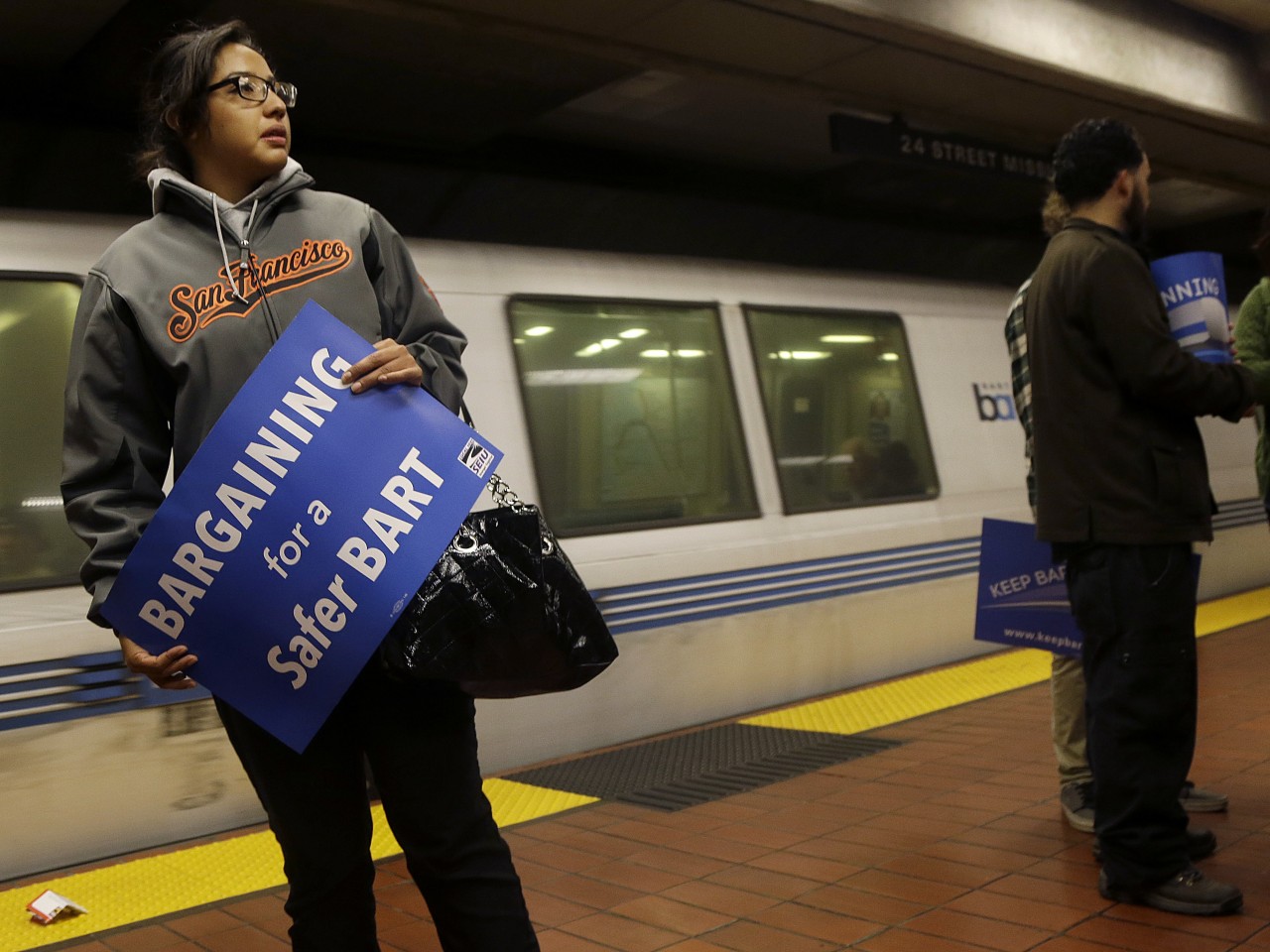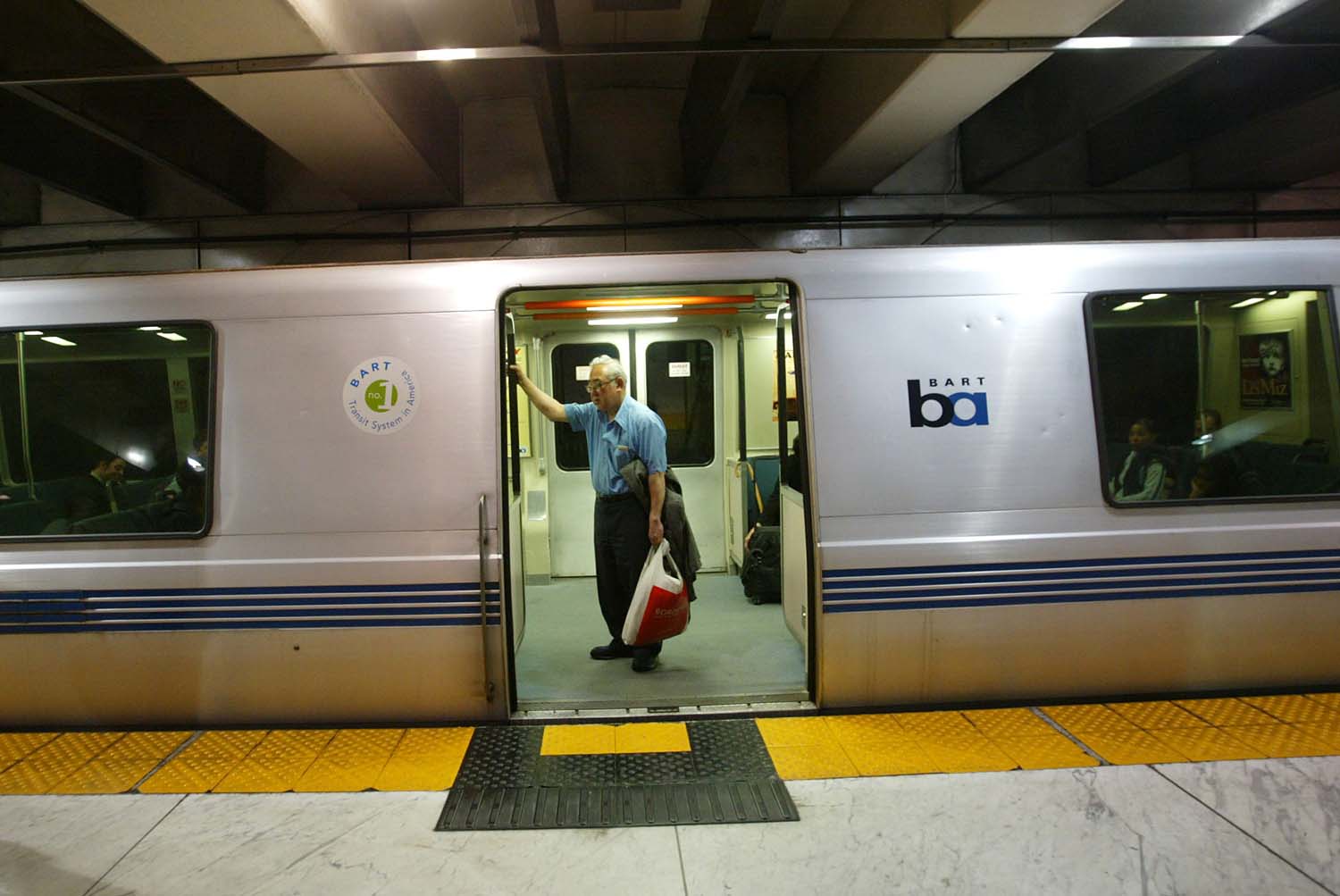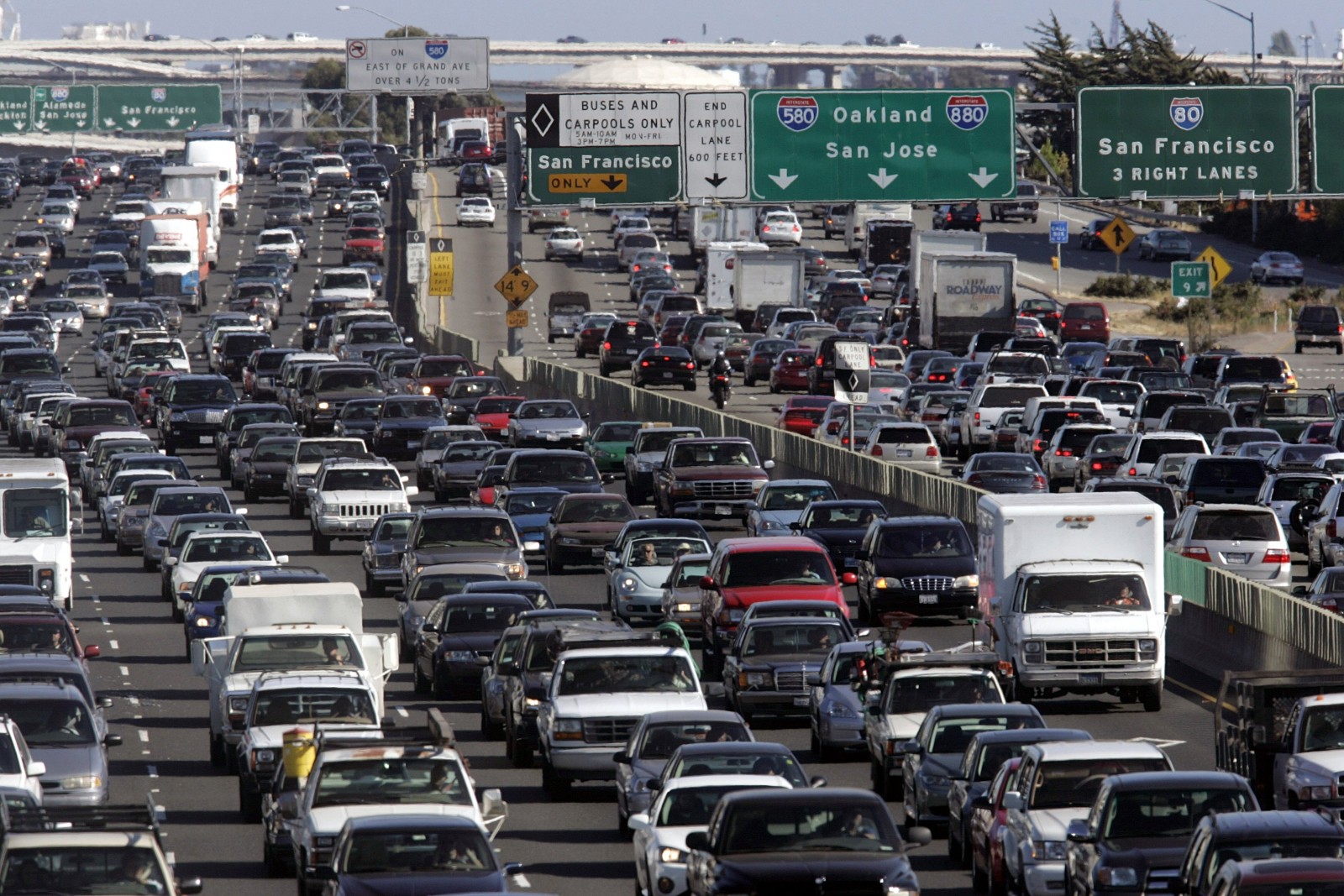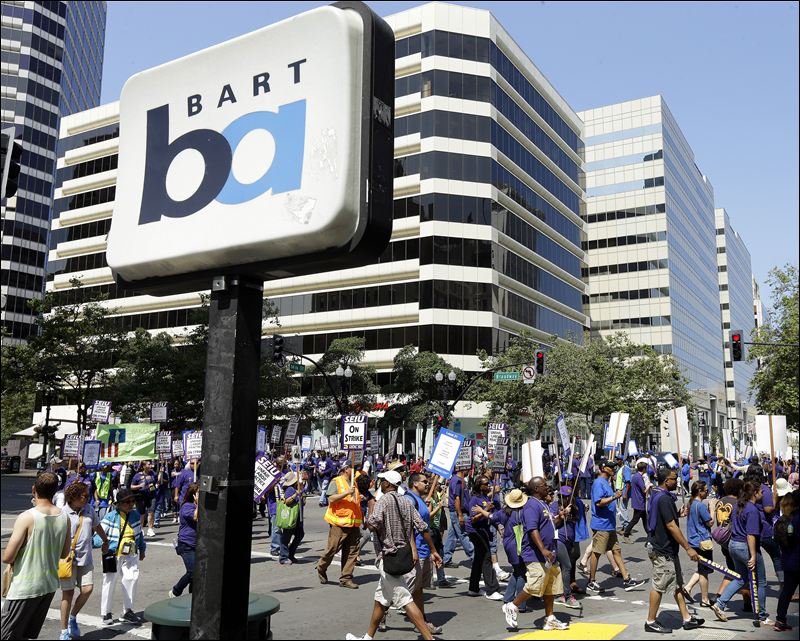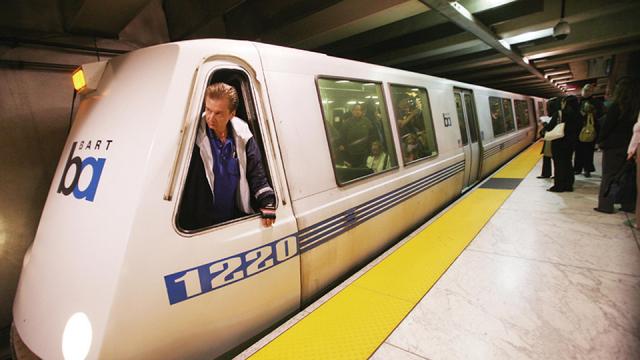
SAN FRANCISCO — A planned strike this month by Bay Area Rapid Transit (BART) employees was put to a halt this week by the state's governor in an attempt to create a “cooling off” period. However, worries over the future of the unions and the role collective bargaining is playing in the pay dispute has left workers feeling isolated by government, the people and BART management.
Both sides met on Monday, but as in the past, no deal was reached and spokespeople for both BART and the two unions representing the transit workers were unclear as to when they would resume talks. California Governor Jerry Brown called for a 60-day cooling period aimed at enabling state mediators to enter the fray and avoid a closure of the trains, which caused widespread disruptions during the nearly 5-day strike in the first week of July.
"Obviously BART is ready to negotiate, and the unions are probably as well," said Alicia Trost, a spokeswoman for the transit agency. "We're all here and ready, it just depends on the mediators' schedule.... We don't know if that's a few days or a week."
Cecille Isidro, a spokeswoman for Service Employees International Union Local 1021, BART's largest union, concurred, saying the union was still working with the state mediators on a schedule.
"As we've said all along, we want to get an agreement," Isidro said.
It was the latest disappointment for BART and workers, but a strike is now off the books -- at least until October 19, when the 60-day grace period would come to an end. If there is no deal at that point, workers are adamant they are ready to take their grievances to the next level.
One BART worker, a member of the union, told Occupy.com that he believes the governor is intervening in their ability as workers to have their voice heard. He, like other employees, expressed a sense that workers are being manipulated by the governor’s office and the BART management.
“We have fought hard for our rights, better pay and a secure future. We want to compromise, but BART doesn’t seem willing to do so at the moment and now they have the support of the governor over this,” said the worker, who asked not to be named due to the sensitivity of his comments.
The Bay Area is watching the developments closely, with local newspapers and television stations running near daily reports on the situation and negotiations. But nothing appears to be moving in the direction of a resolution.
And for workers, they are reporting an increase of angry comments directed their way over the media coverage.
“We have been told to ‘suck it up and work’ more times than I care to remember,” said one BART conductor. “It is a frustrating situation that all of us want to close and move on [from]. We like our jobs, but just want to be secure like anyone else in this country. People forget how important unions are to this country. And they’re dying.”
The unions and BART still stand tens of millions of dollars apart on a number of vital issues including pay, pension and health care.
On Sunday, The San Francisco Chronicle reported that BART management had presented a new offer to the unions that included a 10 percent pay raise over four years in exchange for employees contributing one percent of the base wage to their pensions the first year and two, three and four percent in subsequent years.
That is an increase in pay from the 9 percent offered earlier, but a reduction in pension payments from two percent. Employees currently do not pay into their pension.
Unions, as reported by local media, are asking for a 15 percent pay raise over three years in addition to a 6.5 percent raise the first year, and offering to make pension contributions of 7 percent annually.
Employees have not received a raise in over a decade and the 15 percent raise asked by unions would be in line with inflation over that period for the Bay Area. But still, the sides remain separated by the chasm.
For residents, they have been largely unforgiving in the ongoing controversy, throwing their weight behind the management in calling for the trains to continue to run smoothly and without a strike.
“I think what we are witnessing is the beginning of the end of real union action in this state. If people are against us because they don’t understand the big picture, then what are we going to do?” asked the conductor. “The media is a major problem right now.”
The local newspapers have largely reported about the struggles of citizens to reach work during the previous strike, and about the businesses that were affected by the transit stoppage. For BART workers, this is a frustrating sequence of events that pits them against a tripartite that they are worried they can’t defeat.
“It is about the future of our lives and if people don’t see that, then we all will suffer, ultimately, including the people who demand better rights in the workplace,” the conductor said, before getting the train moving.
3 WAYS TO SHOW YOUR SUPPORT
- Log in to post comments

